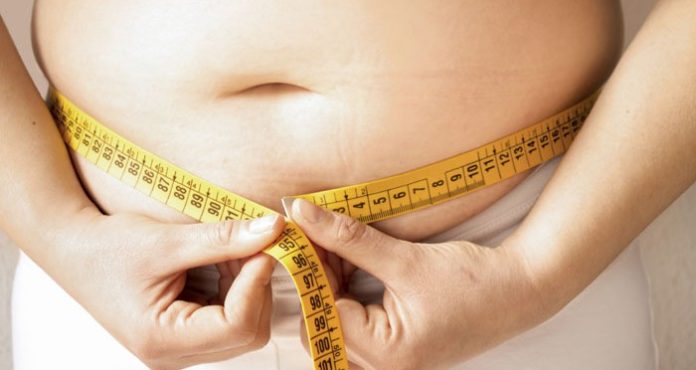
The Food and Drug Administration issued approval this week for a new implantable device that promises to aid in weight-loss by blocking the key appetite signal from the brain to the gut, helping to control feelings of hunger and fullness.
The Maestro Rechargeable System, the first FDA-approved obesity device since 2007, has been permitted to treat obese patients aged 18 and over who have struggled to lose weight in the past. The agency approved the use of the device by obese patients with a BMI of 35-45 and with at least one obesity related condition, such as type-2 diabetes.
According to the Centers for Disease Control and Prevention (CDC), one third of all American adults are classified as obese. These individuals are at a higher risk of suffering from heart disease, stroke, type 2 diabetes and a number of cancers, as well as premature death.
“Obesity and its related medical conditions are major public health problems,” says Dr. William Maisel, deputy director for science and chief scientist of the FDA’s Center for Devices and Radiological Health. “[M]edical devices can help physicians and patients to develop comprehensive obesity treatment plans.”
The Maestro Rechargeable System, manufactured by EnteroMedics of St. Paul, MN, comprises a rechargeable electrical pulse generator, wire leads and electrodes, which are implanted into the abdomen. The devices work by sending intermittent electrical pulses to the abdominal vagus nerve, which is involved in regulating stomach emptying and signaling to the brain that the stomach feels either empty or full.
The FDA said the electrical stimulation “blocks nerve activity between the brain and the stomach,” but that the “specific mechanisms for weight loss due to use of the device are unknown.”
Moderate effectiveness demonstrated in clinical trial
A clinical trial consisting of 233 patients with a BMI of 35 or more was conducted to evaluate the safety and effectiveness of the Maestro Rechargeable System. The weight loss and adverse events of 157 patients who received the active device were compared with 76 patients in the control group who received a device that was inactive.
People who got Maestro implants lost an average of 8.5% more weight than people who received a fake implant. About half of implanted patients lost at least 20% of their excess weight and nearly 40% lost at least one-fourth of their extra pounds. In comparison, people who undergo gastric bypass surgery lose an average of about 60% of their extra weight.

Electrical impulses generated by a pacemaker-like device are transmitted to the vagus nerve by electrodes, which helps to control feelings of hunger and fullness.
Those results weren’t as robust as the company had hoped. In the original plan for the study, researchers said the device would be a success if it helped people lose at least 10% of their body weight, on average.
However, an FDA Advisory Committee found the 18-month data supportive of sustained weight loss and agreed that the benefits of the device outweighed the risks for use. It also took into account the results of a patient survey, sponsored by the FDA, which showed that people struggling with obesity would be willing to accept risks associated with the device for the amount of weight loss they could expect.
Serious side effects have included nausea, pain at the neuroregulator site, vomiting, and surgical complications. Some users have also reported pain, heartburn, problems swallowing, belching, mild nausea and chest pain.
As part of the approval, manufacturer EnteroMedics must conduct a five-year post-approval study, following at least 100 people and collecting additional data on the device’s safety and effectiveness.
Information about costs or a formal launch date were not released.
While the device isn’t for everyone, experts are hopeful that it could offer a new tool to fight obesity in the face of a growing epidemic. In addition to regulating appetite and fullness, the electrical stimulation from Maestro implants could also improve the metabolic function of obese patients.
“You actually see the effect before patients actually have had that much weight loss,” Dr. Ken Fujioka, a Scripps Institute endocrinologist and weight management expert, told the LA Times. That indicates that the device may be particularly beneficial for patients with obesity-related metabolic syndrome and type 2 diabetes, he said.
